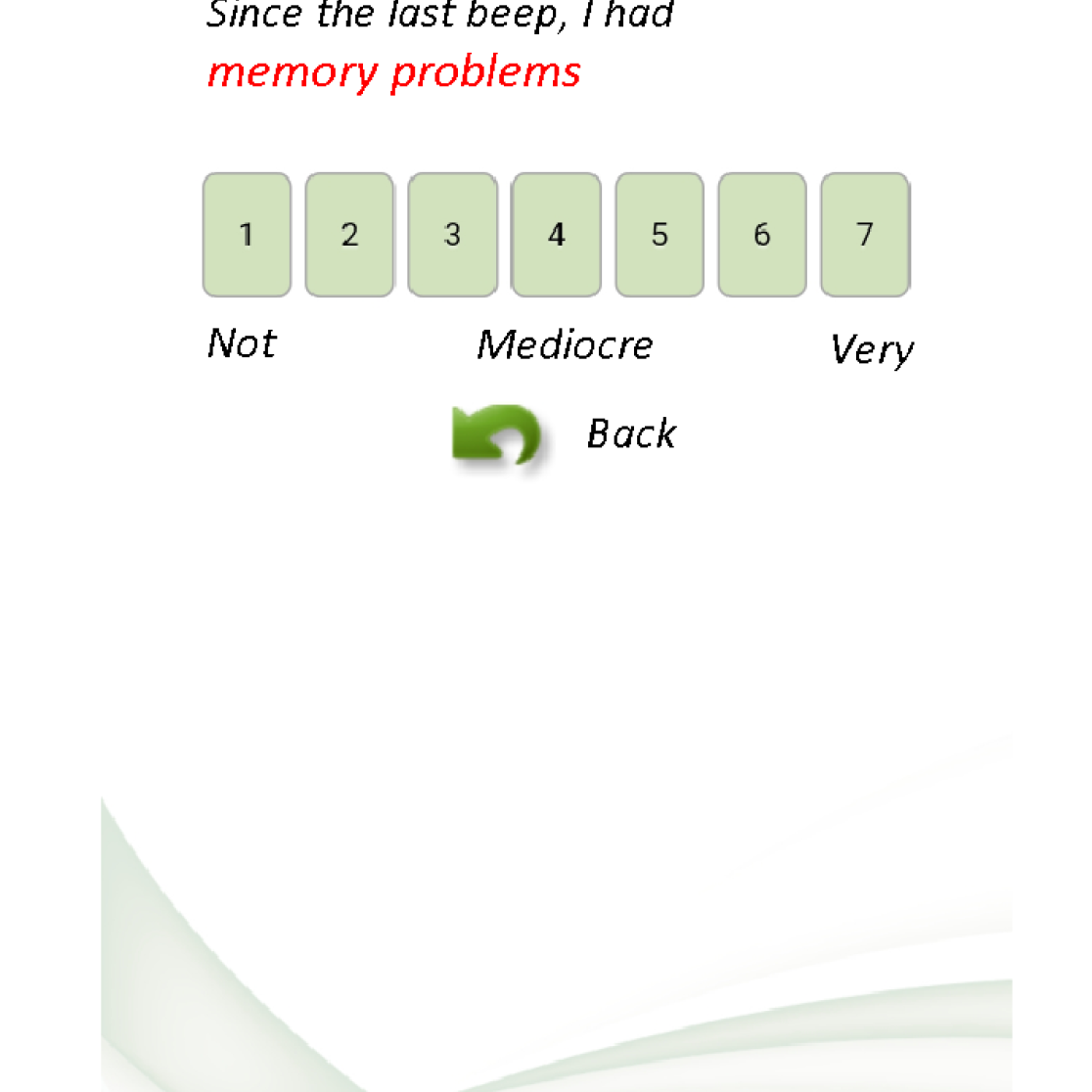Cognition and Dementia
Crossroad
Research theme: Monitoring
Clinical pillar: Cognition and Dementia
Observational evidence on cognitive symptoms is crucial to predict its course in patients presenting themselves at a memory clinic. In order to obtain a large set of data we finetuned an efficient and harmonized clinical and cognitive test battery at the Alzheimer Centre Limburg over the last decades. In addition, we study lifestyle and psychosocial programs in various studies. We are developing new (digital) ways to measure and predict the clinical and health-economic outcomes in patients with cognitive symptoms or persons at risk of dementia.
Unique contributions and highlights
The BioBank Alzheimer Center Limburg (BB ACL) cohort is an ongoing prospective cohort study including patients from the Memory Clinic of the MUMC+. The BB ACL cohort study includes a widespread clinical and biological parameters and follow-up assessments up to 10 years to examine already established and novel diagnostic and prognostic biomarkers of Alzheimer’s Disease, and the identification of risk factors for cognitive decline and dementia.
In the INPAD project we developed a web-based visualization tool to explain individual neuropsychological test performances, their course over time and their impact on daily living to support patient communication. In this project, in an iterative approach we include feedback from patients, family members and psychologists to determine quality, feasibility, and usability of the tool in clinical practice.
In the DeepSPA project we investigate the usability and feasibility of performing neuropsychological tests over the phone by using the Delta application. Reliable phone assessments could be useful for monitoring cognitive functioning or pre-screening in clinical trials. Artificial intelligence and deep learning models are used to investigate the added value of language and advanced speech parameters from the Delta application for the development of dementia.
The Monitor-Mi study evaluates the feasibility and usability of a smartphone-based digital diary approach, also known as Experience Sampling Method, in people with mild cognitive impairment (MCI). Participants use the digital diary on their own smartphones 8 times per day over 6 consecutive days, provide feedback afterwards, and the human-technology interaction is observed to improve the technology. Momentary data collected through this approach allows to gain a fine-graded and dynamic picture of patterns and cognitive complaints in the everyday lives of people with MCI.
In an international group of health-economic researchers in the field of Alzheimer’s disease (www.ipecad.org) we have developed an open-source Alzheimer simulation model. This model can estimate the long-term benefits of new interventions for Alzheimer’s disease and are used to determine whether treatment effects on health outweigh their costs to support policymaking. The open-source simulation model is freely available for any scientists, policymakers, (pharmaceutical) companies or teachers to use, adjust or validate it. More information can be found on www.ipecad.org.

